Meet our awardees
After a thorough reviewing process, we are delighted to announce the following projects that have been awarded.
A Maturity Assessment Tool for Advancing Low-Cost Housing Towards Net-Zero
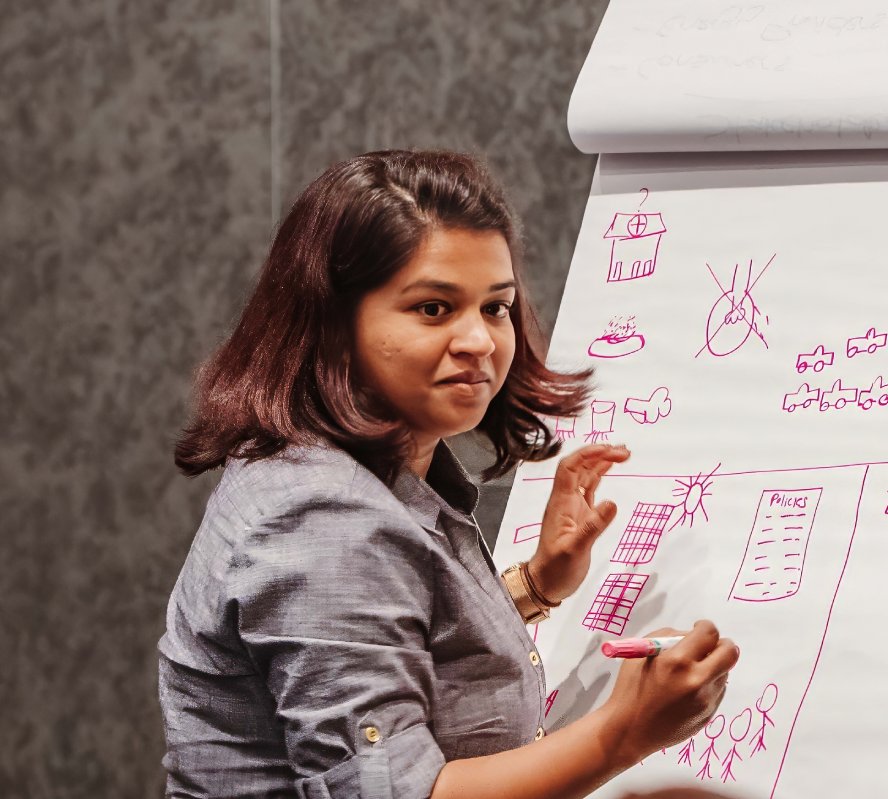
Amalka Nawarathna, University of the West of England
Co-applicants and collaborators:
- Maxine Chan, University of Melbourne
- Alireza Moghayedi, University of the West of England
- Chethana Illankoon, University of New South Wales
The project will develop a Maturity Assessment Tool for Net-Zero (MAT-NZ). The tool will evaluate the readiness of low-cost housing developments to achieve net-zero compliance, identify key areas for improvement, and provide strategic guidance for professionals and end-users. Initially targeting the UK and Australia, MAT-NZ will drive the transition to net-zero while ensuring social equity and climate resilience.
Unlocking Data for Climate Action and Resilient Mobility

Rachel Fisher, University of Birmingham
Co-applicants and collaborators:
- Meaghan White, University of Queensland
The project will design a proof-of-concept system that captures and converts unstructured data and integrates it into existing structured datasets. The team will demonstrate its utility on UK and Australian structured transport infrastructure datasets to incorporate unstructured data, transforming the capability of scientists, policymakers, and communities to deliver transport resilience.
Solutions for Enhancing Flooding Resilience of Coastal Roads in Indonesia
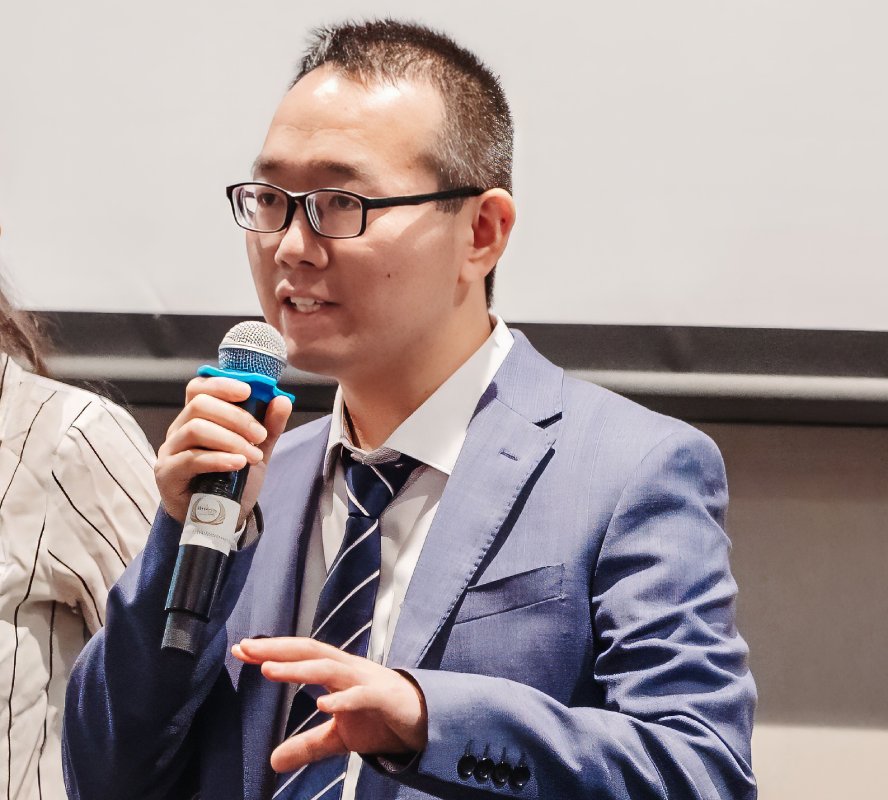
Yangming Gao, Liverpool John Moores University
Co-applicants and collaborators:
- Ella Meilianda, Tsunami and Disaster Mitigation Research Center, Syiah Kuala University
- Sharon Koitut, University of Western Australia
- Vaibhav Kumar, Indian Institute of Science Education and Research Bhopal
- Ana Bras, Liverpool John Moores University
- Yusria Darma, Syiah Kuala University
- Fan Gu, Changsha University of Science and Technology
The project aims to develop sustainable solutions for enhancing the flooding resilience of coastal roads in Indonesia. This study will investigate the characteristics of local floods to identify a vulnerable coastal road section in Banda Aceh (Indonezia) for a case study and assess the flooding impacts on coastal roads to understand flood-related road distress and community accessibility. Samples of existing local paving materials will be secured for laboratory tests. Their properties and climate resilience will be improved through novel nature-based methods.
Rising seas and collapsing walls; identifying the equitable data landscape.

David McGovern, London South Bank University
Co-applicants and collaborators:
- Giorgia Giardina, Delft Space Institute
- Marzia Hoque Tania, University of New South Wales
- Leslie Mabon, Open University
- Ella Meilianda, Tsunami and Disaster Mitigation Research Center, Syiah Kuala University
- Keith Adams, London South Bank University
Utilizing expertise in coastal engineering, morphology and climate, remote sensing, environmental social science, historical coastal engineering and Machine learning, the scoping study aims to reveal the data landscape and interrogate it to make equitable climate mitigation decisions regarding seawalls subject to sea level rise through three case studies (the UK, Indonesia and Australia). This will lead to a tool to enable weighted decision-making on seawall retrofit.
Sustainable Farming with Low-Cost, Climate-Resilient Greenhouses in Vietnam and Africa

Truong Dang, Hachi Vietnam High Technology Joint Stock Company
Co-applicants and collaborators:
- Maria Wilvenna Añora, Agriventures Inc
- Joseph Adeyemi, Agrivine
- Anh Trang, University of Queensland
- Dinh Le Van, Hachi JSC
- Mai Hoang Yen, Hachi JSC
The project aims to design and test a Climate-Adaptive Greenhouse Model. The team will survey farmers' needs in Vietnam regarding their greenhouse requirements for climate adaptation. Using design software, the team will build and simulate a greenhouse model to assess its resilience to weather impacts. A physical prototype will be built in Vietnam for practical testing. The greenhouse will be evaluated for its effectiveness. A final report will summarize the survey results, model development, and its impact on farmers’ productivity.
Assessment of climate extreme impacts on low-income communities through participatory mapping: India and Fiji
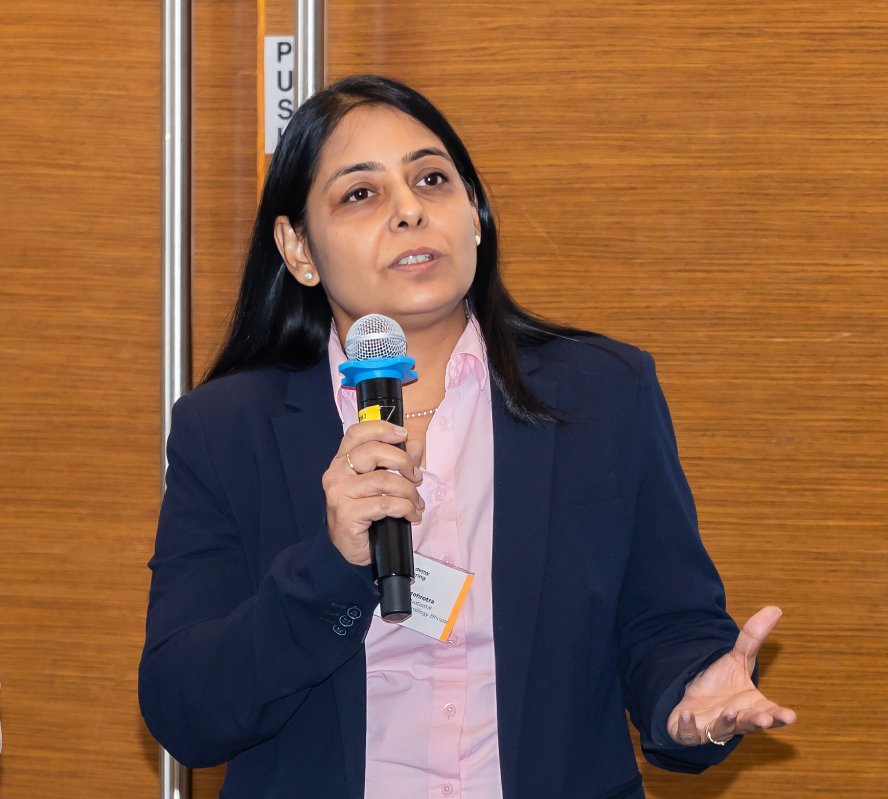
Surabhi Mehrotra, Maulana Azad National Institute of Technology Bhopal
Co-applicants and collaborators:
- Grace Tudreu
- Yasemin Didem Aktaş, University College London
- Wendy Leong, Mobiva & Veriva Systems
- Manmohan Kapshe, MANIT Bhopal
This project aims to develop a methodology and preliminary tool for undertaking climate change risk and vulnerability assessments (CCRVA) for urban low-income communities. The project will focus on selected communities in urban areas across two countries: Bhopal, India, and Suva, Fiji. The outputs include a case study comparison of the two locations and a completion report outlining the proposed CCRVA methodology and preliminary tool for data collection.
RESCUE: Recovery for Equitable Support in Climate Undermined Environments
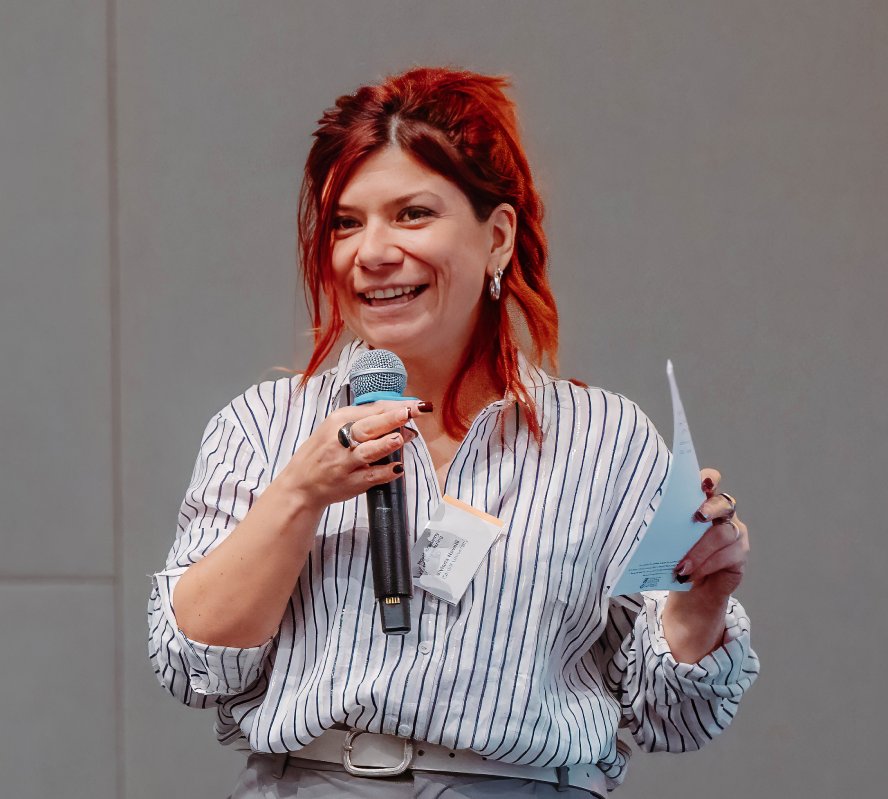
Viviana Novelli, Cardiff University
Co-applicants and collaborators:
- Lisane Valdo, Gitly
- Zaishang Li, University College London
- Giorgia Giardina, Delft University of Technology
- Megan Boston, University of Waikato
- Nitesh Lohan, ETCH
- Sneha Krishnan, Jindal School of Public Health and Human Development
The project aims to enhance disaster risk management (DRM) in vulnerable informal settlements by integrating artificial intelligence (AI) and remote sensing (RS) technologies. It focuses on understanding recovery processes in marginalized communities affected by Brazil’s 2019 floods and India’s 2024 monsoon floods through targeted data collection and stakeholder workshops. Expected outcomes include an open-access, centralised database for collected data and a peer-reviewed publication detailing methodologies for integrating DRM, AI, and RS, serving as the foundation for a larger implementation and scalability proposal.
Hidden Narratives: Partnering with Generative AI to capture Youth Perspectives

Marie Williams, Dream Networks CIC
Co-applicants and collaborators:
- Emily Ipi, National Capital District Commission
- Marzia Hoque Tania, University of New South Wales
- Louisa Jorm, University of New South Wales
This study aims to uncover how the effects of social infrastructure flooding impact the well-being vulnerabilities faced by youth and youth opinions on nature-based adaptation strategies that can help to reduce these effects. The project will pilot an innovative, collaborative AI tool that empowers youth in Port Moresby, Papua New Guinea to generate images that effectively communicate their vulnerabilities and perspectives on nature-based strategies to planners and community stakeholders.
Community-driven Journey Facilitation App for Public Transport: Co-creation of Services

Liang Zheng Gooi, Greenetrix
Co-applicants and collaborators:
- Leslie Mabon, Open University
- Taku Fujiyama, University College London
- Jingyu Wang, University College Cork
- Marzia Hoque Tania, University of New South Wales
- Natchaya Tortainchai, Mahidol University
- Muhammad Aliff Bin Azhar
- Chong Yung Wey, Universiti Sains Malaysia
- Ng Kwang Ming, Digital Penang
This project aims to improve the confidence of the community in public transport by innovating the community-operator interaction mechanism. The objectives are to develop a journey facilitation app (prototype) that can not only provide appropriate departure time based on estimated arrival time but also correct feedback on service provision from users and develop a forum that facilitates evidence-based and widely accessible interactions for users and operators to co-create service plans and environments. As the main outputs, the team will create a prototype of the journey facilitation app and run an in-person workshop in the case study city (Penang, Malaysia), where users and the operator will develop PT service improvement plans based on evidence collected through the app.
Enhancing Resilience: Community-Driven Non-Destructive Testing in Green Infrastructure
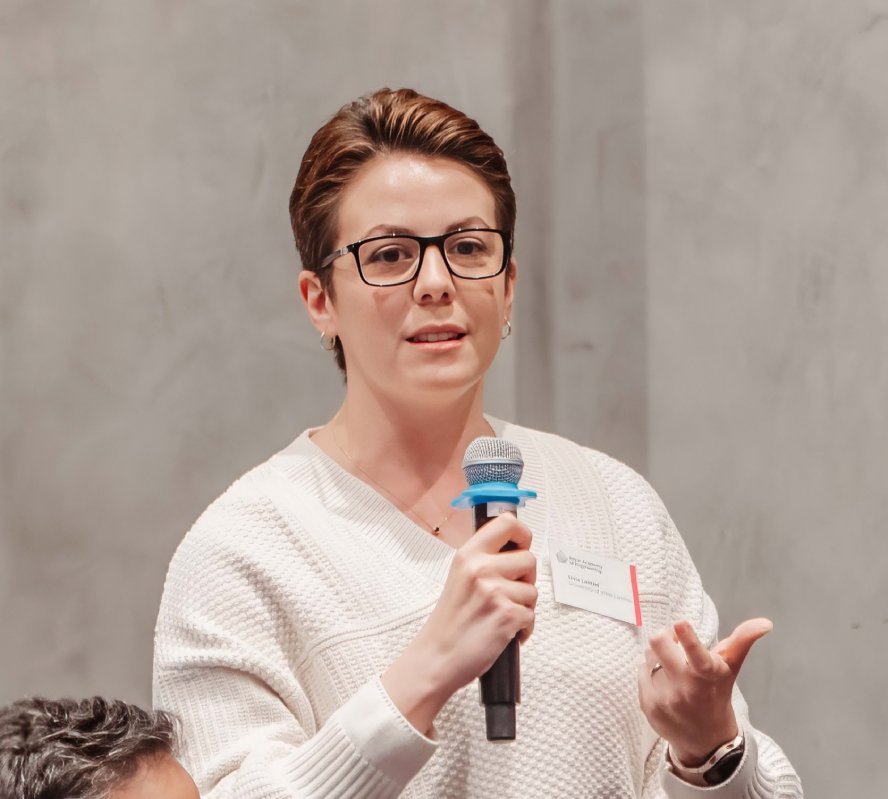
Livia Lantini, University of West London
Co-applicants and collaborators:
- David Sanderson, University of New South Wales
- Yasemin Didem Aktas, University College London
This project aims to strengthen ecological and infrastructural resilience by utilising non-destructive testing methods, particularly Ground Penetrating Radar, to assess tree root health and its impacts on urban structures. A key project component involves engaging local communities and policymakers in collaborative decision-making. Workshops and dialogue sessions will facilitate a two-way exchange of information, where researchers will communicate potential risks and solutions. At the same time, community members will share insights into social aspects and priorities. The insights gained will form a framework that integrates climate adaptation and disaster risk management, providing practical guidelines for urban planners, civil engineers, and policymakers.
